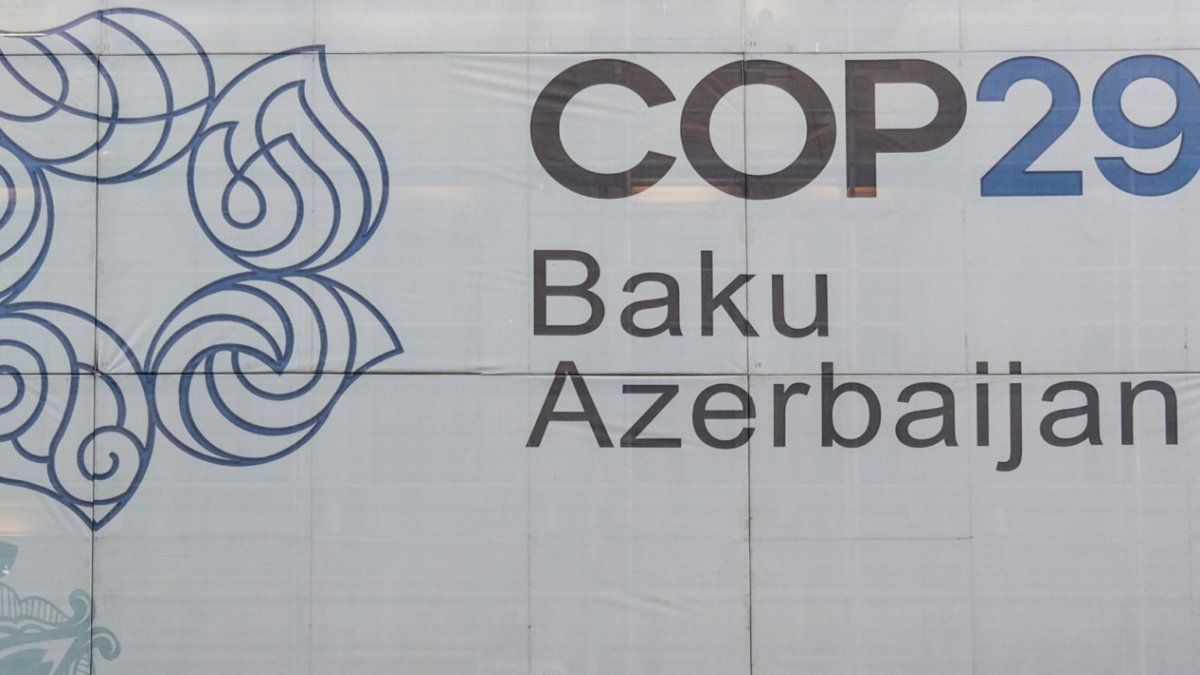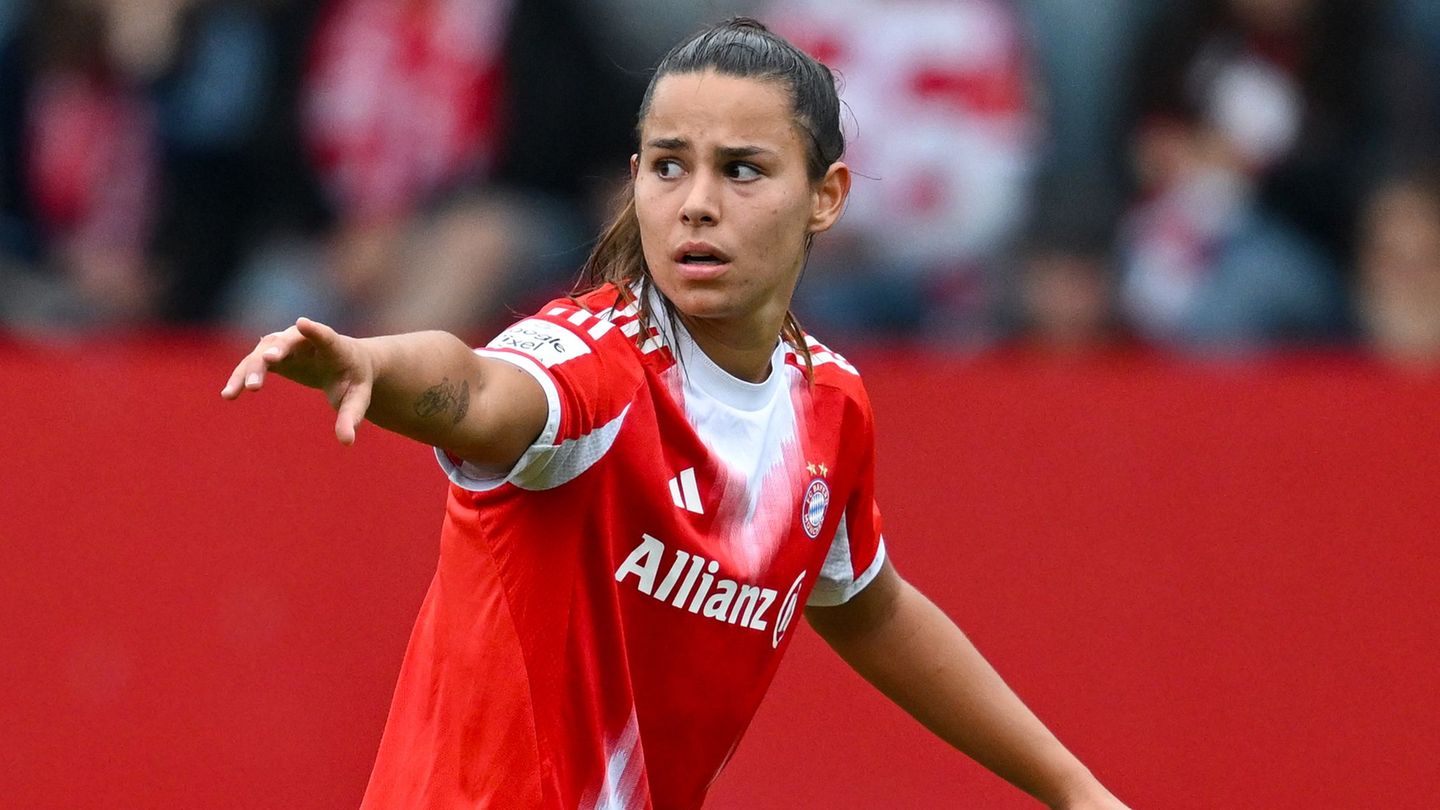The annual conference on climate change (COP29) opened this Monday in Baku with calls for global cooperation, under the impact of Donald Trump’s electoral victory in the United States.
The big annual climate event, under the auspices of the UN, takes place as the world heads to break another temperature record.
“We are heading towards ruin. And these are not about future problems. Climate change is already here,” the president of COP29, the Minister of Ecology of Azerbaijan, Mukhtar Babaiev, warned at the opening ceremony.
“The moment of truth has arrived,” he added.
But the United States, the world’s second largest emitter of greenhouse gases, could once again abandon the Paris Agreement that underpins all negotiations, as Trump already did during his first presidential term (2017-2021).
Trump, a declared skeptic of the phenomenon of climate change, could decree this exit from the Paris Agreement upon assuming power, a decision that would be formalized a year later.
COP29 must demonstrate that global cooperation “is not at a standstill”, declared the head of the UN Climate body, Simon Stiell.
Months of negotiations
For months, the countries attending COP29 have negotiated a draft agreement to set a new amount of aid that developed countries, those that have historically emitted the most greenhouse gases, must deliver to the most affected countries.
COP29 officially ends on Friday, November 22.
In 2009, at COP15 in Copenhagen, it was agreed that industrialized countries would provide 100 billion dollars annually, in direct aid or multilateral loans.
That amount of aid was reached two years late, in 2022, and now experts say that at least ten times as much is needed.
This aid must serve both to mitigate the emission of greenhouse gases, particularly through a gigantic global energy conversion, and in adaptation, that is, the construction of dams, the adaptation of homes to extreme temperatures…
A region like Latin America emits less than 10% of greenhouse gases, but it is one of the regions that suffers the most impact from global warming.
The disagreements are deep and negotiations on the agenda forced a pause this Monday. Financing the climate fight is not “charity” but “in the interest of all”, insisted Stiell, who called for an “ambitious” agreement.
In addition to the aid figure and schedule, nations must agree on who pays.
In 2009, the group of countries that assumed the 100 billion dollars was just over 30, and China was left out. Now the European Union and the United States, among others, want Beijing to assume part of the bill, which seems difficult.
China, the main gas emitter, has its own climate aid agenda. And on the other hand, it dominates large sectors of energy reconversion, such as rare metals.
Oil producing and host countries
Last year, in Dubai, countries managed with difficulty to get a final declaration from COP28 in which it was assumed, for the first time, that countries should undertake a “transition” towards the end of fossil energies.
But the International Energy Agency (IEA) recalled in its latest annual report that 80% of the world’s energy continues to come from these sources (coal, oil, gas).
After the opening, the COP brings together world leaders each year for two days.
But this year the main protagonists of the climate dialogue will not be present: neither the American president Joe Biden, nor the Brazilian Luiz Inácio Lula da Silva, nor the French Emmanuel Macron…
The environment of budgetary austerity in rich countries, open wars in Ukraine or the Middle East and the result of the US elections have clouded diplomatic prospects.
Source: Ambito
David William is a talented author who has made a name for himself in the world of writing. He is a professional author who writes on a wide range of topics, from general interest to opinion news. David is currently working as a writer at 24 hours worlds where he brings his unique perspective and in-depth research to his articles, making them both informative and engaging.




